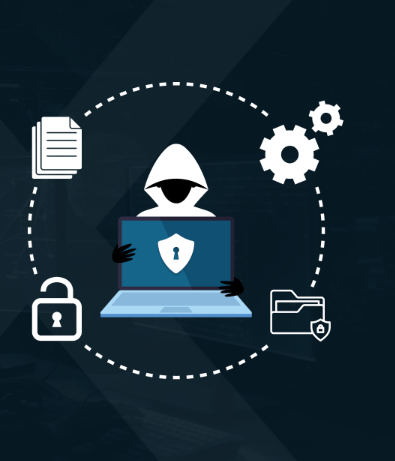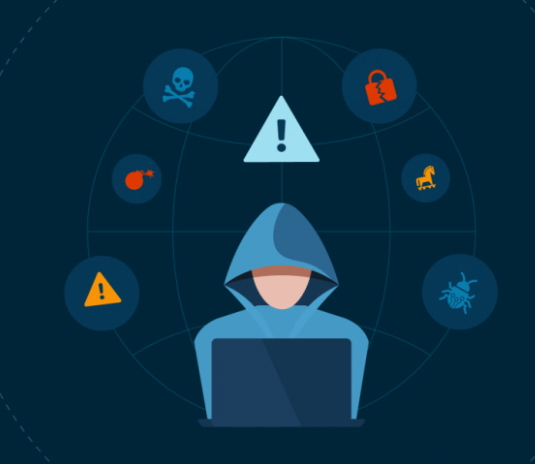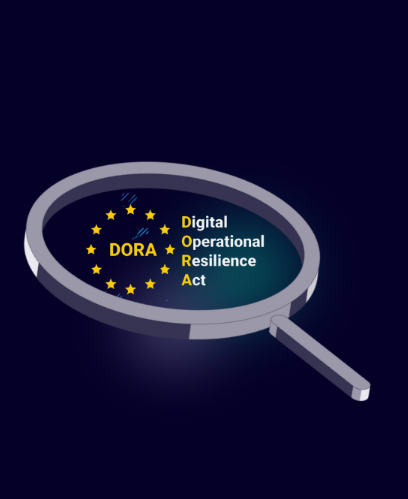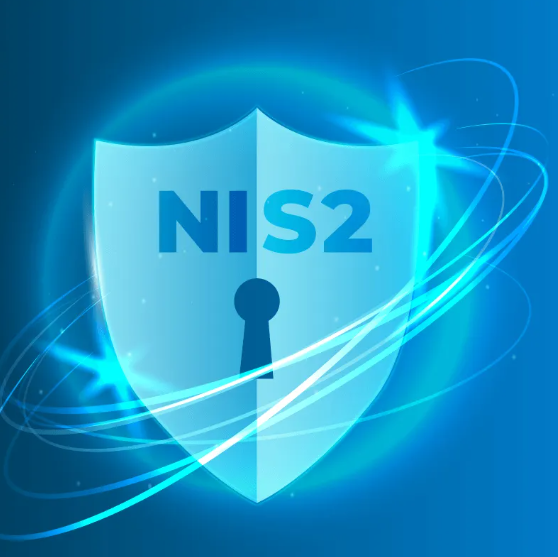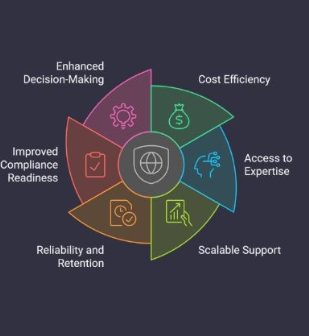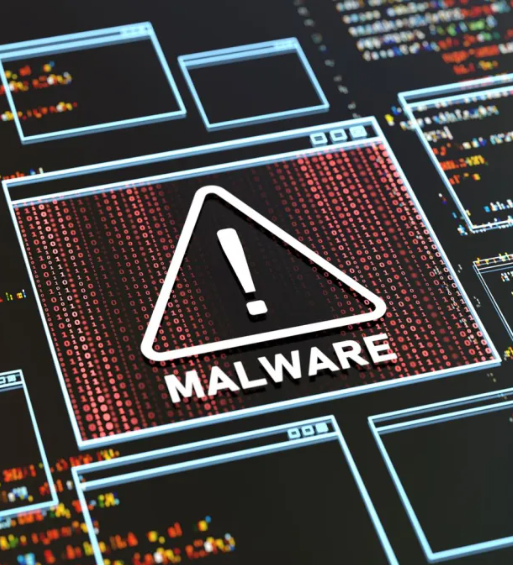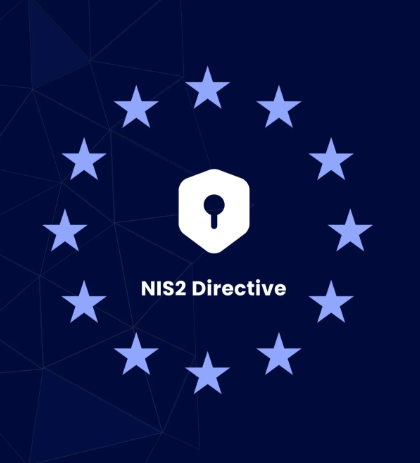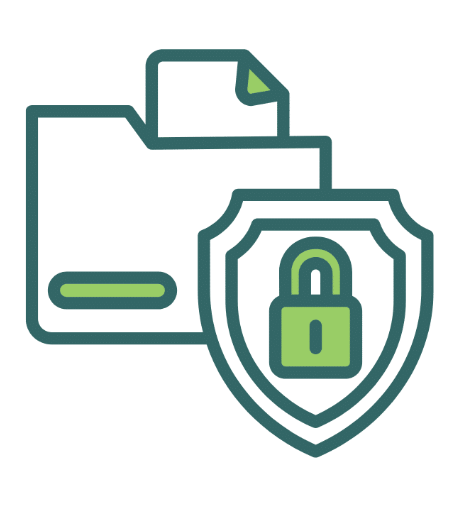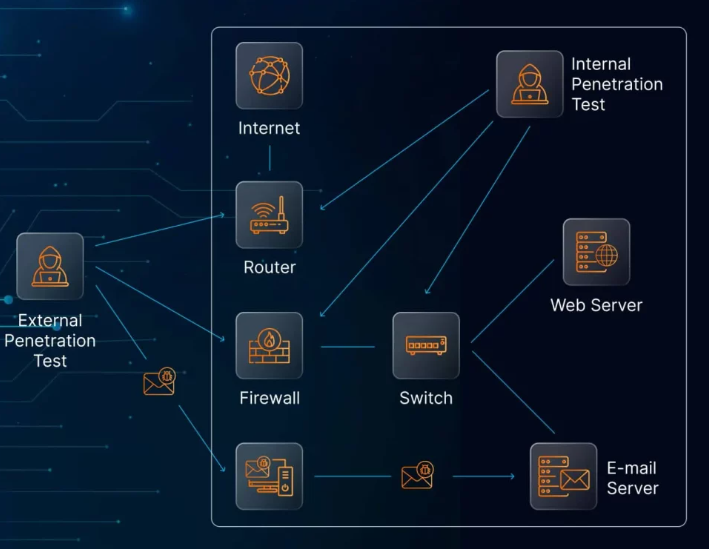
In today’s rapidly evolving digital landscape, cybersecurity is more critical than ever. According to a Cybersecurity Ventures report, cybercrime costs are projected to reach an astounding $10.5 trillion annually by 2025. Furthermore, the University of Maryland reports that a cyberattack occurs every 39 seconds, affecting one out of three Americans each year.
The key to securing your business is identifying vulnerabilities before cybercriminals exploit them. One of the most effective ways to accomplish this is by conducting regular penetration tests with the help of certified professionals.
In this post, we’ll dive into what CREST penetration testing is, why it’s vital, and how it can help organizations identify weaknesses, simulate real-world attacks, protect customer trust, and ultimately save money by preventing data breaches. Additionally, we will compare CREST with other certifications like CHECK to help you determine the best fit for your needs.
The Crucial Role of Penetration Testing
As cyberattacks become more frequent, penetration testing has never been more important. Here’s why it is essential:
- Proactive Threat Detection: Penetration testing allows businesses to spot vulnerabilities before hackers can exploit them. Early identification enables preemptive measures to reduce risks.
- Simulating Real-World Attacks: These tests mimic real-life cyberattacks, providing insights into how attackers could exploit weaknesses in your systems.
- Preserving Customer Trust: A breach can severely damage a company’s reputation and erode customer trust. Penetration testing helps safeguard sensitive data, protecting the brand’s image.
- Cost-Effective Security: While penetration testing incurs costs, it’s far less expensive than the financial losses caused by a successful data breach.
Understanding CREST Penetration Testing
CREST certification is a globally recognized standard for cybersecurity testing. It ensures that the cybersecurity provider conducting penetration tests adheres to the highest industry standards.
Penetration tests involve ethical hackers who simulate cyberattacks to discover vulnerabilities in your digital infrastructure. CREST-certified testers conduct these tests with precision and depth, ensuring an in-depth analysis of modern cyber threats.
CREST, or the Council of Registered Ethical Security Testers, is a not-for-profit accreditation body. It was created to set high standards for cybersecurity testing services, providing internationally recognized certifications for organizations that perform penetration tests, incident responses, and threat intelligence services.
The significance of CREST lies in its rigorous evaluation processes and focus on ongoing professional development. Certified penetration testers undergo continuous learning to ensure they’re equipped to handle complex cybersecurity threats.
CREST Penetration Testing Objectives
CREST aims to elevate the quality and reliability of cybersecurity services. Here’s how CREST penetration testing stands out:
- Highly Skilled Security Experts: CREST-certified testers have passed comprehensive exams and accumulated thousands of hours of hands-on experience. This expertise ensures they can identify vulnerabilities that may go unnoticed by others.
- Increased Customer Confidence: Businesses can use CREST certification to demonstrate their commitment to cybersecurity. This enhances trust with customers and provides a competitive edge in the marketplace.
- Regulatory Compliance: With the increasing number of cybersecurity regulations, CREST helps businesses meet compliance requirements by ensuring robust security evaluations.
- Global Recognition: Although based in the UK, CREST is globally recognized, providing businesses with internationally accepted assurance that their cybersecurity practices are top-notch.
- Up-to-Date Expertise: Cybersecurity threats constantly evolve, and CREST ensures its members stay current with the latest developments, providing clients with up-to-date knowledge and solutions.
By partnering with CREST-certified providers, businesses can rely on ethical, proficient, and thorough penetration testing to safeguard their systems.
CREST vs. CHECK Penetration Testing
When choosing between CREST and CHECK certifications, it’s important to consider your business sector. Here’s a comparison:
- CHECK Accreditation:
- Focuses on government and public sector organizations, especially those in critical national infrastructure (CNI).
- Managed by the UK’s National Cyber Security Centre (NCSC).
- More expensive due to a limited pool of accredited providers.
- Adheres strictly to NCSC’s methodology, ensuring compliance with governmental cybersecurity standards.
- CREST Accreditation:
- Suitable for a wide range of industries.
- Provides a global, non-profit certification that emphasizes individual expertise through comprehensive exams.
- Adheres to industry best practices and recognized frameworks, such as PTES and NIST.
- Generally more affordable and widely accessible.
Which is better for your organization?
- CREST Penetration Testing: Ideal for global enterprises, the financial sector, and private companies looking to demonstrate strong cybersecurity practices. It is especially beneficial for international businesses or those requiring customized compliance solutions.
- CHECK Penetration Testing: Best suited for UK-based organizations or those in critical infrastructure sectors needing to meet specific government cybersecurity standards.
CREST Penetration Testing Process
- Setting Clear Objectives and Defining the Scope: Establish the systems, applications, and data to be tested, and outline the types of attacks to be simulated.
- Partnering with CREST-Certified Professionals: Collaborate with CREST-registered testers who adhere to the highest standards and bring their deep technical knowledge to the table.
- Conducting Regular Testing Cycles: Regular penetration tests help businesses stay on top of new vulnerabilities and ensure that any issues are promptly addressed.
- Comprehensive Reporting and Actionable Recommendations: After testing, businesses receive detailed reports highlighting vulnerabilities and providing actionable steps to improve security.
- Continuous Improvement: Following the testing recommendations and investing in staff training ensures that security practices evolve alongside emerging threats.
Conclusion
Penetration testing is an essential component of any business’s cybersecurity strategy. By opting for CREST-accredited services, businesses can ensure that they receive a comprehensive, ethically conducted, and technically proficient assessment. Whether you are aiming to comply with regulatory standards or simply looking to bolster your defense against cyberattacks, CREST-certified professionals provide the necessary expertise to keep your organization safe.
As the cybersecurity landscape continues to evolve, choosing a CREST-certified provider ensures your organization stays a step ahead, protecting both your assets and your reputation.







